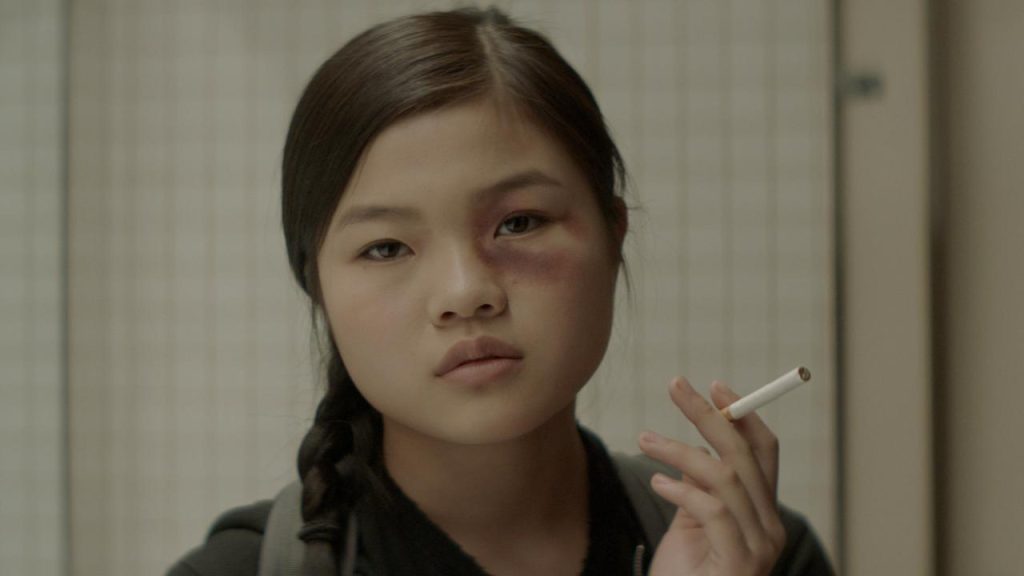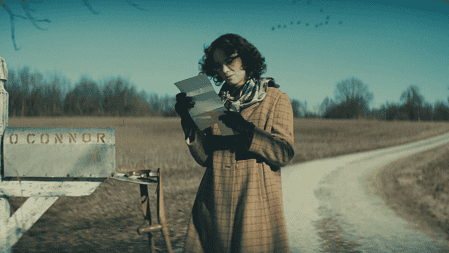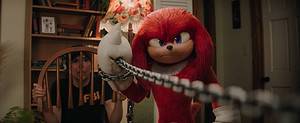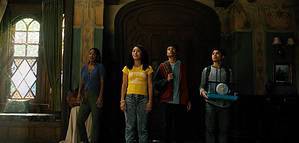Thirteen-year-old Sammy (Miya Cech) has had a difficult year. She is dealing with the recent loss of her mother. Her father, Angus (Leonardo Nam), is now dating Marianne (Paulina Lule) who, despite her best intentions, never finds herself on Sammy’s good side. Sammy’s sister, Patricia (Kannon), doesn’t even seem to care that a new woman has entered their father’s life. Lost in her grief and anger, Sammy hurls herself down a path of self destruction and teenage rebellion. After getting caught vandalizing her school bathroom, her father gives her an ultimatum: attend a summer business course at a community college or be shipped off to a summer camp for children with behavioral issues. Sammy reluctantly attends the course where she meets Margot (Rhea Perlman), a children’s party magician who teaches Sammy a few tricks of the trade while also imparting the wisdom of how to better cope with pain and loss.
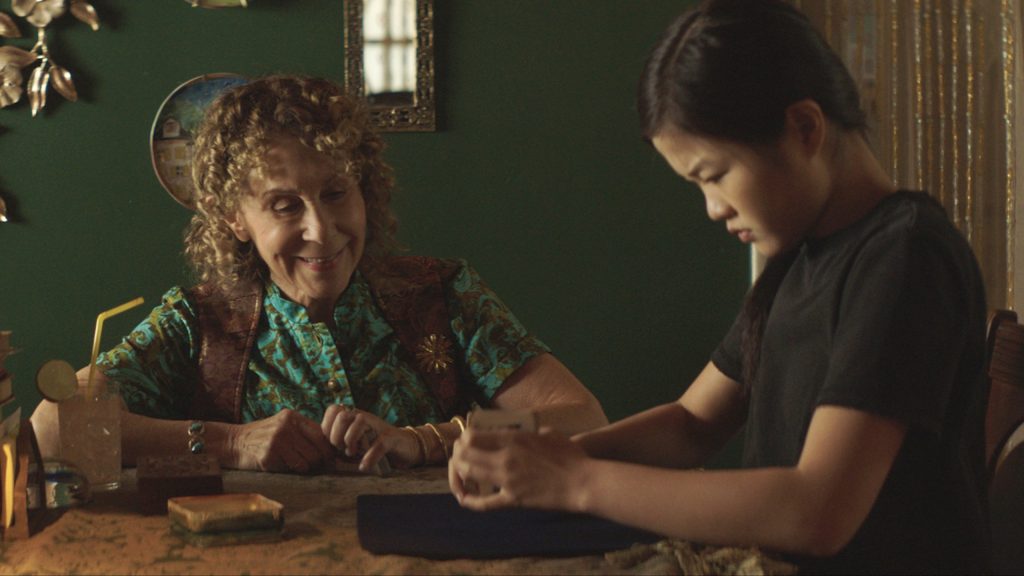
Writer and director of Marvelous and the Black Hole, Kate Tsang, is also a writer for the beloved Steven Universe. She brings all of the same creativity and energy from that show to her debut feature length film. Animation sequences often appear on the screen that give the effect of scribbling in a private journal. It’s as if we are in Sammy’s head sorting through her thoughts and feelings with her. The film vacillates between fantasy and reality; it’s intercut with daydream sequences that sometimes appear in the form of old, grainy black and white films. They are usually woven in when Sammy is feeling particularly anxious, angry, or listening to a story told by her mother. All of this creates a childlike lens which keeps the audience firmly rooted in Sammy’s perspective. The film itself looks very sharp and the effects keep everything visually interesting and energized and will especially play well with a younger audience.
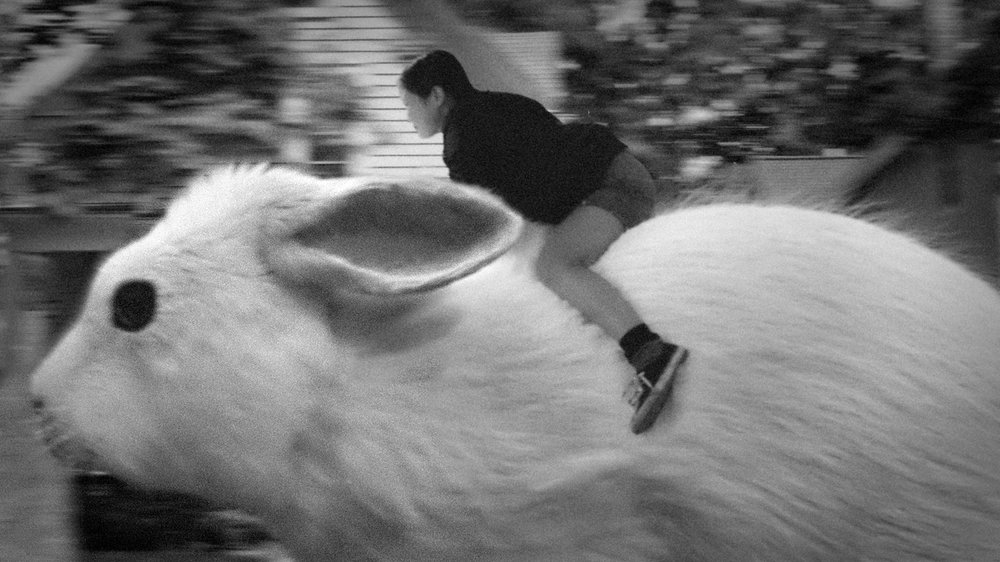
Often when coming-of-age stories feature some kind of mentor, it is a man. Even if the protagonist happens to be female (which the occurrence has been steadily increasing), she is usually teamed up with a wise older man or an affable male animal of some sort. Films about female mentorship are few and far between, and that is one reason why Marvelous and the Black Hole is a cut above the rest in this genre. It lets two female characters be a team without pitting them against one another. They instead find strength in one another and create an example of a positive female relationship on screen.
Miya Cech is a force in the role of Sammy. She constantly drives the film forward at a harrowing pace. There is an equilibrium in her performance. It is easy to be both frustrated at times with the character while simultaneously being endeared to her. Tsang gives Sammy the space to feel everything she needs to feel in the moment, and never once are her anger and emotional outbursts minimized or played as irrational. Plenty of films have told us that if women are angry they are “shrill” and “bitchy” and that it is not a “pretty” or acceptable emotion for them to have, but grief looks different on everyone. Sammy is feeling an overwhelming amount of emotions all at once and that can be difficult for a teenager to process. In addition to her own grief, she is also absorbing some of her family’s grief which has led to some degree of dysfunction. Her father is detached, and her sister prefers her video game world to provide her closeness with last vestiges of their mother. It’s very human and understandable that all of these emotions and issues would give way to anger and frustration for Sammy.
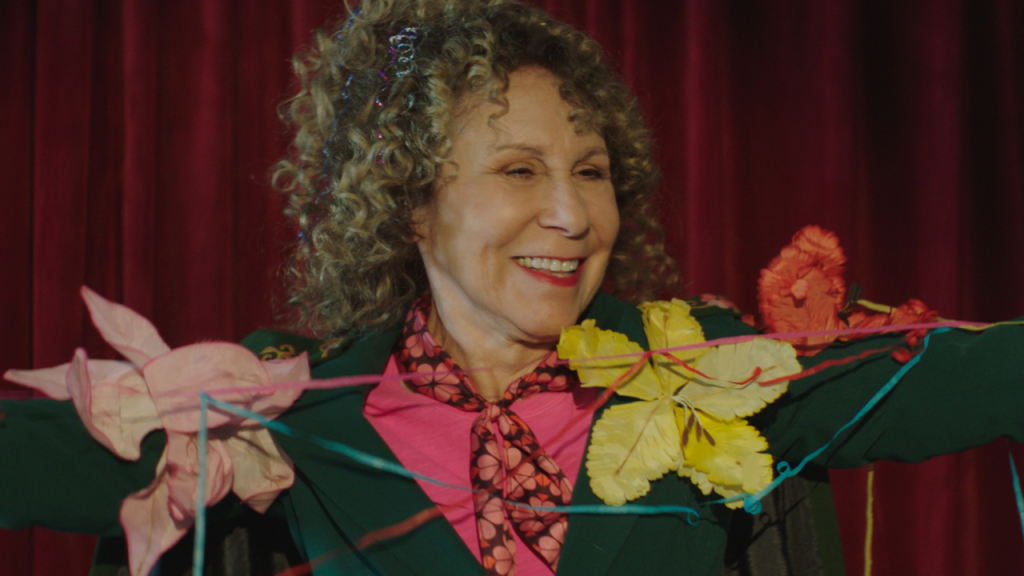
Rhea Perlman plays Margot perfectly. This character is a stark contrast to two of her most famous roles, Carla Tortelli from Cheers and Mrs. Wormwood from Matilda. Margot is more gentle, patient, and empathetic. Even when she is throwing quick zingers out to keep Sammy on her toes, there is a wisdom and kindness in her eyes and tone that usually only comes to a person after having gone through difficult times themselves. She has gone through struggles just as Sammy is now, and she still is in some ways. She is not zany or eccentric like some “mysterious” female characters in other films. Margot is a more grounded and realistic character. Female characters don’t need to be some strange manic pixie dream girl in order to impart wisdom to younger women or anyone for that matter.
Not only does Perlman play a great mentor but also a professional magician! Female magicians are extremely rare to see in the media today. The amount of working professional male magicians is massive compared to female ones, and when magic is the focal point to the plot in a film or TV show, it more often than not centers around little boys pursuing it. Magic shop owners who give those characters guidance are usually men as well. Having a woman working in a male dominated field explaining the tools of the trade to a young girl is an amazing touch, and Margot is not the only female magician in the film. Like many other young girls and women, Sammy has likely only seen women as assistants getting sawn in half while watching a magic show.
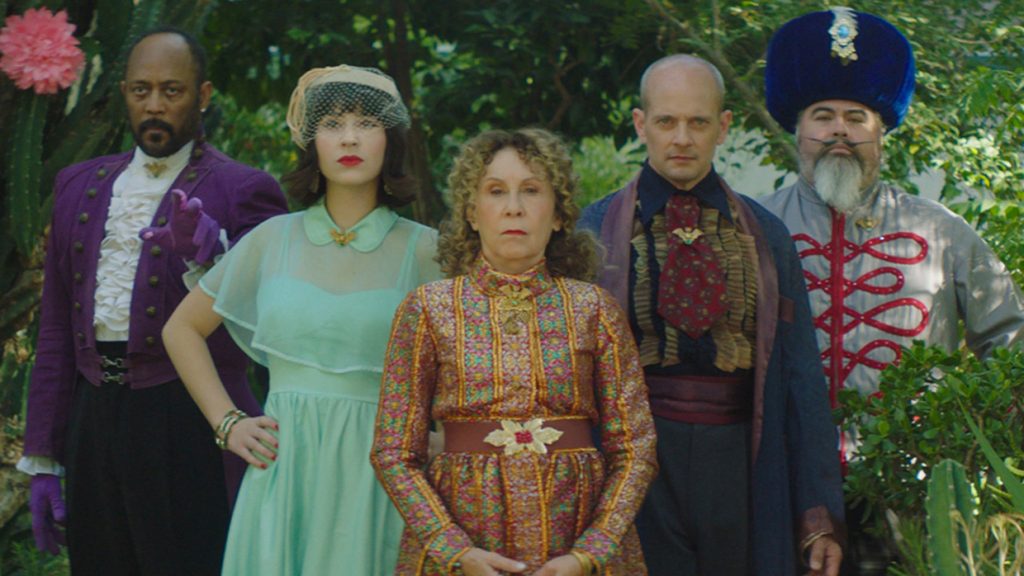
By letting Sammy into her world, Margot enables her to become more empowered. There can be small parallels drawn to Mary Poppins in this film, but the difference is Margot is not perfect. She has scars and pain, and she doesn’t have all the answers. She teaches Sammy how to channel her pain and anger into sleight of hand tricks that once saved her own life and give her a cathartic release that leads to transformation and the creation of something beautiful. Margot likes giving the children she performs for things that she never had as a kid: joy, beauty, hope, and a little bit of magic. The help that Margot offers Sammy changes her outlook and the course of her life. Two highlights of the film are when Sammy sees Margot perform for the first time and when she performs herself. The visuals are stunning and the storytelling is deeply moving. The images that occur during the scenes separately become mirrors of one another in a way.
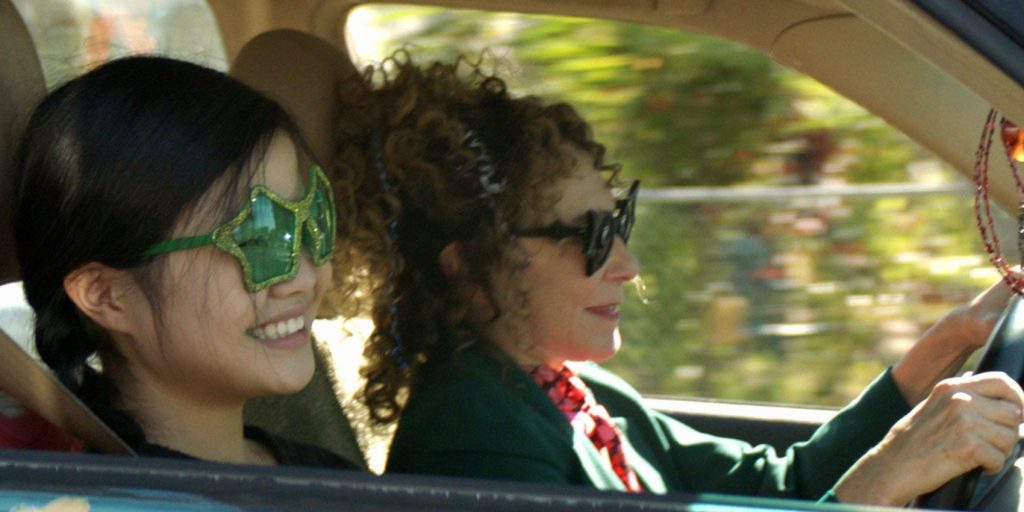
It was a joy to see Perlman play Margot, and the chemistry between her and Miya Cech was electric. So much so that there can sometimes be a kind of lull in the film when the two of them aren’t interacting together on screen. The secondary characters of Sammy’s father, sister, and her father’s girlfriend, Marianne, are more so one dimensional which is likely the reason why the lulls occur more so when Sammy interacts with them instead of Margot. Arguably, the film is spent in Sammy’s world so less time is spent with the other characters in their own day to day lives. Sammy does have a touching moment with sister, Patricia, but overall, Patricia and her father’s relationships with other people seem more mechanical at times. This could be written off as grief, but it is not fully explored.
The film does move at an extremely brisk pace; it is only an hour and twenty-one minutes long. Shorter films aren’t necessarily a detriment when done effectively, but at times this one feels like it is only skimming the surface. There isn’t much time to sit in some of the heavier emotional moments. There are instances where the development of Margot and Sammy’s relationship feels rushed, and the latter half of the film could have used the foundation that was laid to dig deeper and strengthen the bond, achieving a more powerful emotional punch. The film might have encouraged a deeper investment if there was more time spent developing the characters of Margot alone and Sammy’s family and their dynamics with her.
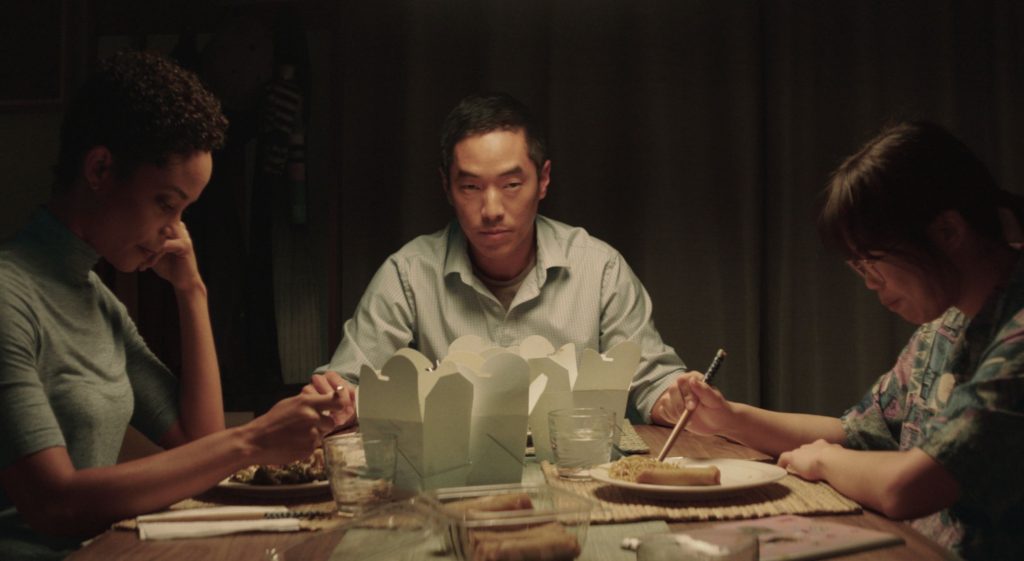
It’s an exciting time for coming-of-age films. Progress has been inching forward, and instead of the standard stories that have only been available so far, we now have a chance to hear from more diverse filmmakers. Representation is important and allows for endless possibilities for coming-of-age stories from characters of all different backgrounds. Even if the film uses a storytelling structure that we’ve seen before, it’s still enough to open an audience’s mind to new perspectives and feelings while hitting the same beloved feel good beats. Marvelous and the Black Hole is bursting with optimism and is a heartwarming watch that will no doubt resonate with a lot of younger people and for good reason. It is also a necessary watch for adults. It not only gives us a strong female protagonist but also a positive depiction of female mentorship. It lets a young woman explore her grief, anger, and frustration free of judgment which is so important for young girls to see. Even with its brevity, the film puts a refreshing spin on the standards of the genre and is a story that is wholly unique. Empowering coming-of-age films for women are still too few in number, and Marvelous and the Black Hole is a superb addition to the hopefully increasing amount. Don’t miss it!
Marvelous and the Black Hole will be available in select theaters on April 22, 2022.
Director: Kate Tsang
Writer: Kate Tsang
Runtime: 1 hr 21 m
Rating: 3.5 out of 5

When I’m not busy daydreaming or having an existential crisis, I can usually be found watching a movie or TV, listening to music or a podcast, or with my nose in a book.


